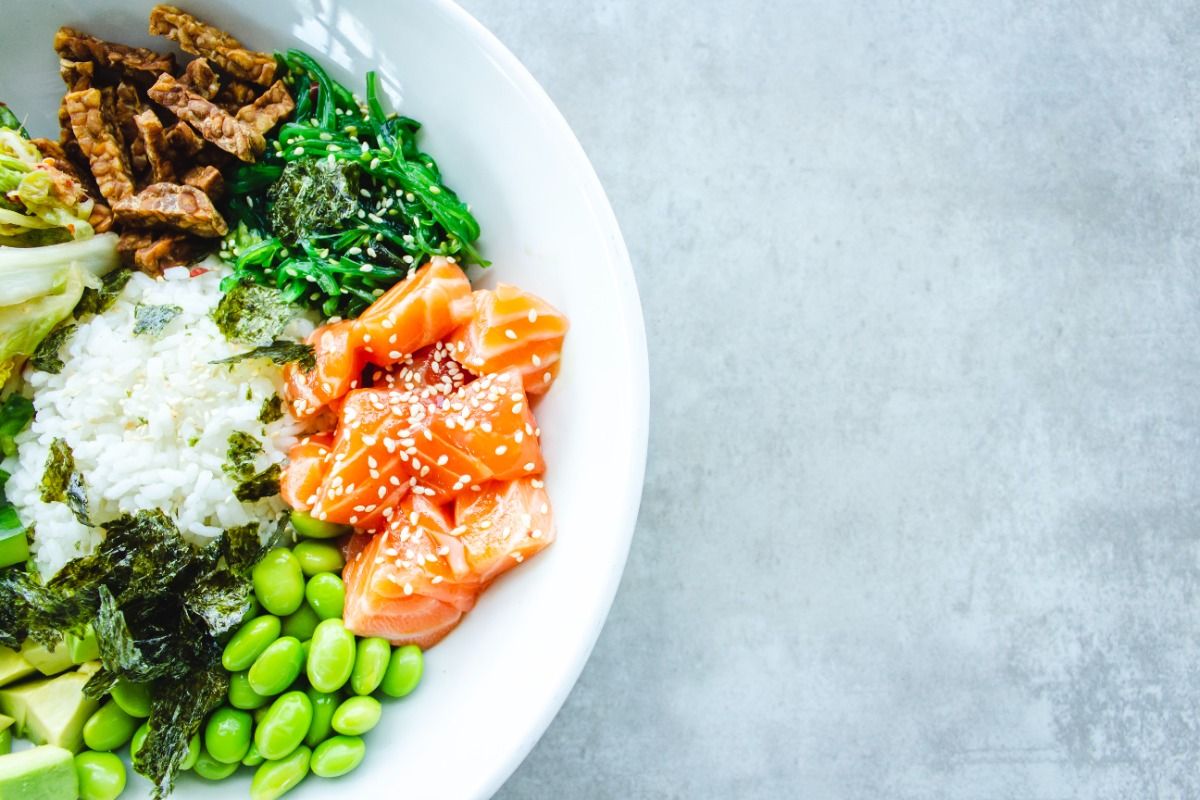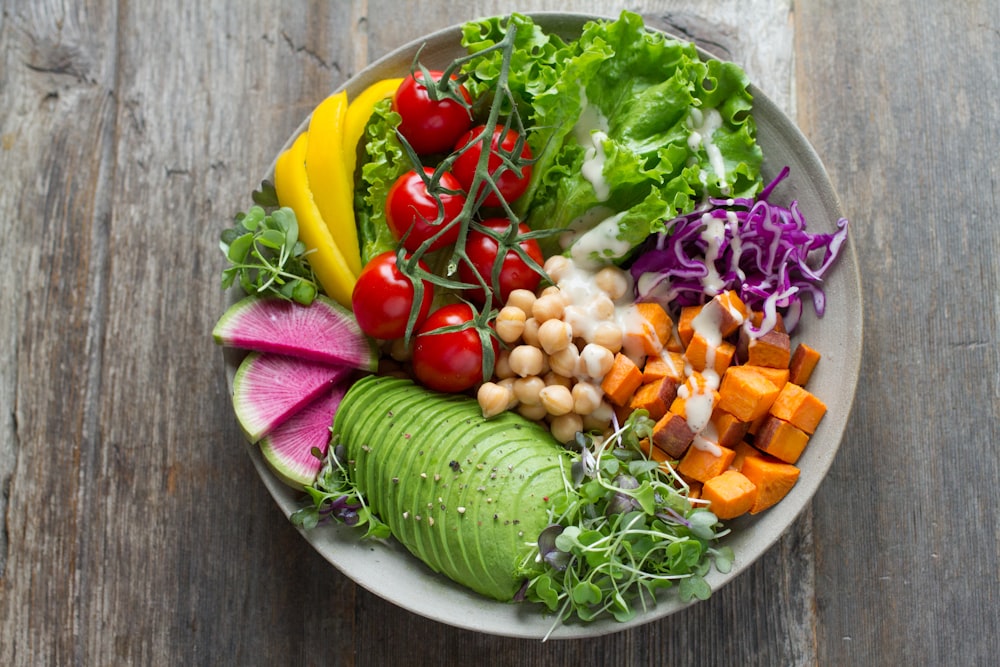
Could the food you eat make a difference when it comes to your risk of getting cancer? Plenty of research suggests that it can. Breast cancer is a complicated disease. Your risk of being diagnosed with breast cancer is influenced by a number of factors, from genetics and lifestyle to your diet and the food you eat. During Breast Cancer Awareness Month, it’s worth exploring some of the factors which might increase or decrease your risk of a breast cancer diagnosis.
In recent years, researchers have discovered the foods may contribute to the severity and risk of certain cancers. One study revealed women eating a low-fat diet reduced their risk of death from breast cancer by 21%. Women on low-fat diets also reduced their risk of death from any medical cause by changing their food intake to lower fat.
While further study into the impact of dietary fat on breast cancer is necessary, doctors are widely recommending dietary changes as part of a holistic treatment for breast cancer.
Dietary Fat and Breast Cancer: The Risk Connection
Diet and a person’s weight have long been considered crucial factors in cancer risk.
According to the CDC, overweight individuals are significantly more likely to get heart disease, diabetes, and certain types of cancer. In fact, women being overweight following menopause significantly increases breast cancer risk.
Being overweight raises your oestrogen levels, which can increase the risk of cell mutation and overproduction in the breast (leading to cancer). Women who are overweight also have higher levels of insulin in their bodies, which has been linked to a higher risk of breast cancer too.
However, the connection between weight and breast cancer is complex. Studies indicate the risk is increased for women who have gained weight as an adult, compared to those who have been overweight since childhood. It’s also unclear how much weight individuals would need to lose to lower their chances of breast cancer in adulthood.
Further study into the connection between weight and cancer has prompted scientists to take a closer look at the foods we eat, and how they influence our risk level.
Though studies into dietary fat and breast cancer are limited, early research suggests high fruit and vegetable consumption and low dietary fat could be crucial to reducing risk. However, experts note that differences in molecular and genetic background may have an influence on the diet and cancer connection.

A Healthy Diet Reduces Overall Risk
Research is still underway into the impact of a healthy diet on breast cancer diagnoses. We do know, however, that a diet full of whole grains, vegetables, fruits, and legumes can protect against a range of diseases, while foods high in antioxidants protect against cell damage.
Previous studies have also shown higher incidences of cancer in countries where people eat more fat, and early research indicates women who ate a lot of fat in their teen years may have a greater risk of breast cancer before menopause.
The most recent research into a low-fat diet and breast cancer risk involved the analysis of 49,000 postmenopausal women in the United States. The women, between the ages of 40 and 79 had no previous history of breast cancer. During the period between 1993 and 1998, the women were assigned different diets. One group received around 32% of their calories from fat, while the other had a target of 20% or less of their calories from fat.
The low-fat diet was similar to the eating plan used for stopping hypertension, emphasising a high number of whole grains, legumes, fruits, and vegetables. Throughout the course of the research, the low-fat group lost a modest amount of weight, leading to a 3% weight difference between the groups. Women in the low-fat group also adhered to their diet for an average of 8.5 years, and both groups were followed for around 20 years to examine their progress.
The women in the low-fat group weren’t able to reach the target of getting 20% or less of their calories from fat. However, they did manage to reach 25% and increased their fruit, vegetable, and grain intake. Though the low-fat group didn’t reach their goal, they still saw a reduction in breast cancer incidents of 8% over those eating the “normal” diet.

How to Adjust Your Diet to Protect Against Breast Cancer
A healthy diet full of antioxidants, vitamins and minerals is essential for good health. If you have a higher risk of breast cancer in your genetics, eating a low-fat diet could be a crucial way to give your body an extra layer of protection.
Scientists believe the best breast cancer diet will be one that doesn’t attempt to remove an entire food group like fat completely but instead focuses on moderation. In the study above, the women in the low-fat group didn’t achieve their fat goals, but they reduced their calorie intake, improved their intake of healthy foods, and changed their cooking methods.
As research into breast cancer risk and dietary fat continues, doctors already recommend those with a high risk of cancer, and patients going through treatment to consume the right foods. Coaching patients to eat more fruits and vegetables where possible and reduce dietary fats could help the body to survive and thrive during periods of the disease.
In the low-fat diet study, even the women who did get breast cancer had a much lower death rate if they followed the low-fat diet.
Find the Exact Type of Healthy Diet That Works For You
A healthy, balanced diet is one of the safest and most beneficial ways to protect yourself from the threat of cancer. Even if you don’t think you have a particularly high cancer risk because it doesn’t run in your family, you just never know. Plus, improving your diet will have a positive impact on many other aspects of your life. Eating plenty of fresh fruits and vegetables while reducing your intake of unhealthy fats reduces your chances of diabetes and obesity, improves energy levels, and even helps you to feel happier each day.CircleDNA can provide you with a personalized dietary guide based on your genetics, as your DNA has a lot to say about which diets might work for you.






